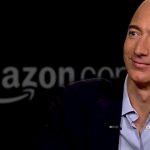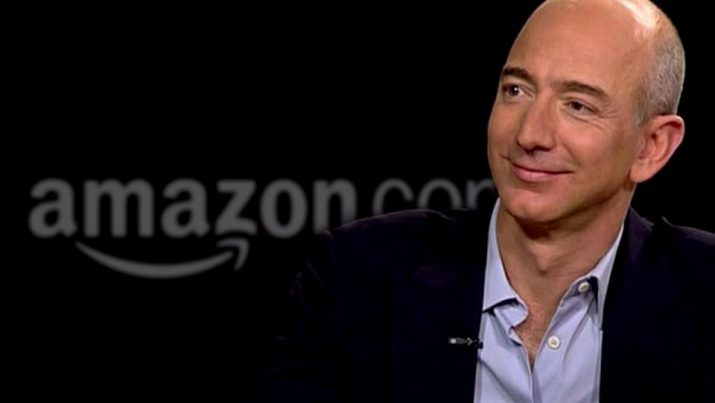
Amazon to drop nearly all small brands in sellout to Proctor & Gamble (and other big, toxic corporate brands)
Wednesday, June 05, 2019 by Vicki Batts
http://www.products.news/2019-06-05-amazon-to-drop-small-brands-in-sellout-to-proctor-gamble.html

Amazon is setting the stage for a major platform shift — and for thousands of small vendors, it could be a devastating change. In a bid to refocus their wholesaling efforts on big brands and encourage more third-party sellers, Amazon will cease ordering from small wholesale vendors. Putting an emphasis on goods from companies like Proctor & Gamble and Sony will be advantageous for Amazon, but for the little guys, this change will come at a steep cost.
Instead of relying on bulk orders from Amazon, the online retailer wants small vendors to start selling products on the website by themselves. According to Bloomberg, this is the biggest change Amazon has made to its e-commerce strategy in twenty years. At the same time, Amazon is facing accusations of “anti-competitive conduct” and “predatory pricing.” It’s even been theorized that Amazon is “lying in wait” to become a global monopoly. While millions of people love shopping on Amazon, the company has a dark side.
Amazon snuffs out small vendors
As Bloomberg reports, Amazon has recently announced that their e-commerce platform will be undergoing a massive strategy shift — and small vendors will be sacrificed in the process. Amazon will be moving away from bulk ordering from small sellers. The average vendor making less than $10 million annually will no longer receive bulk orders from Amazon.
According to reports, Amazon is doing this for a number of reasons. In addition to cutting costs, Amazon hopes the end of small vendor wholesaling will push vendors to sell their products as a third-party online. This allows Amazon to expand their marketplace with minimal effort and low risk. Amazon doesn’t even have to worry about unsold merchandise under this paradigm — and it can charge vendors all kinds of fees for storing, packing and delivering their goods.
Anonymous sources further told Bloomberg that Amazon had not renegotiated annual terms with many of its smaller vendors, and that the retailer had left many vendor manager positions vacant. As sources note, if there are fewer vendors, Amazon needs fewer vendor managers.
Experts say that small wholesale vendors need to start preparing to shift over to marketplace selling now if they want to survive the change. It typically takes three months to shift from wholesale to marketplace selling, and vendors will need all the time they can get if they want to ensure they are ready for the holidays.
Is Amazon a monopoly?
In early June, Congress launched an investigation into Big Tech’s “anti-competitive conduct.” The bipartisan effort to stand up to the tech industry’s bulldozing is long overdue. President Trump is tackling Google, Amazon and other major tech companies, and Democratic Senator Elizabeth Warren actually seems to agree with him.
“Today’s big tech companies have too much power – too much power over our economy, our society, and our democracy,” Warren said recently. “They’ve bulldozed competition, used our private information for profit, and tilted the playing field against everyone else. And in the process, they have hurt small businesses and stifled innovation.”
Amazon may have a particularly dark side. In early 2019, a law student from Fordham University published a paper presenting proof that Amazon “profitably engages in predatory pricing,” and has successfully created a lucrative monopoly with its uncouth business tactics. Will Jeff Bezos, Amazon and the rest of Big Tech ever own up to what they’ve done?
See more coverage of the latest tech news at Glitch.news.
Sources for this article include:
Tagged Under: Tags: Amazon, badhealth, brands, corporations, evil corporation, fiance, Glitch, independent businesses, Jeff Bezos, market dominance, monopoly, poison, products, Sell Out, small businesses, toxins, vendors, wholesale vendors





